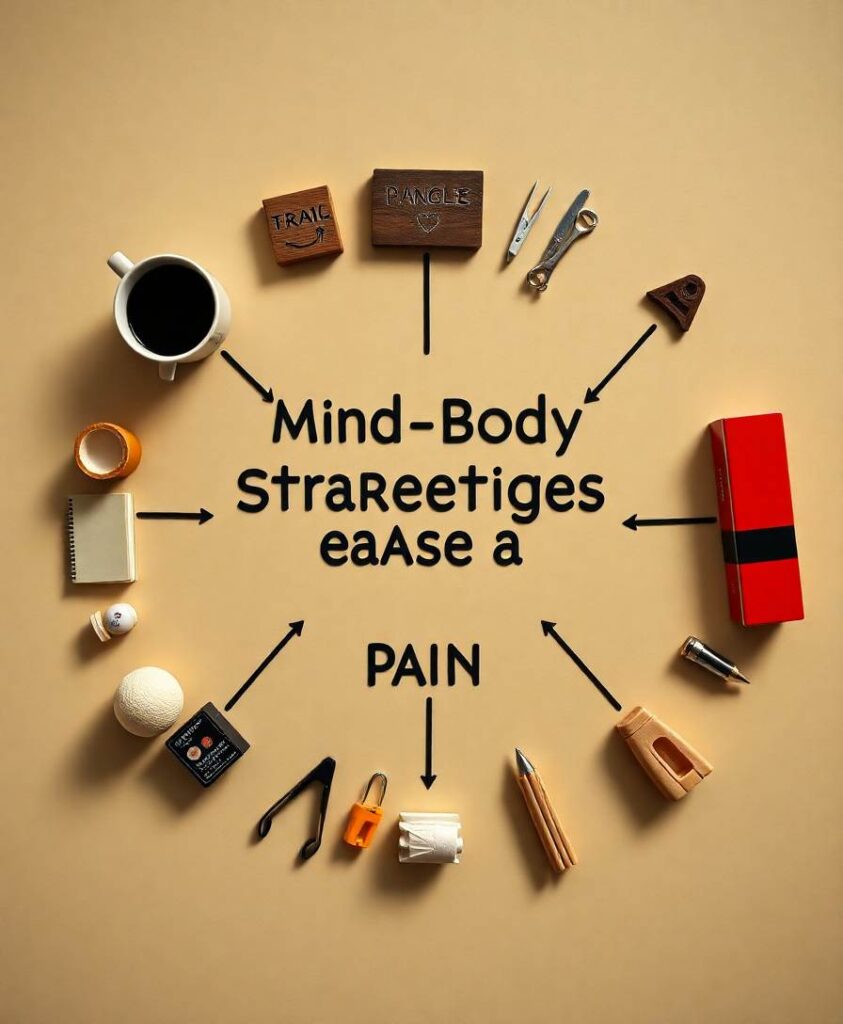Listen: Device Is Said To Ease Opioid Withdrawal, But Does The Evidence Support It?
The Bridge looks something like a hearing aid or a futuristic earring, and its makers claim that the device mitigates the misery of withdrawal sickness from opioids. With a small electrical pulse, it creates a “bridge” that may get people with addiction through flu-like withdrawal symptoms and on to medicines that can control cravings once opioids are cleared from a patient’s system.
But there’s a problem. Scientific evidence doesn’t yet show the Bridge works.
Side Effects Public Media reporter Jake Harper spoke to NPR’s Rachel Martin about his investigation into the Bridge and how it has been marketed to politicians and treatment centers in Indiana and elsewhere without sufficient proof.
Aiyana is an Indigenous educator from Alberta, with a background in environmental science and community wellness programs. She volunteers as an author to explore how traditional knowledge intersects with modern neuroscience to unlock human resilience and potential.

